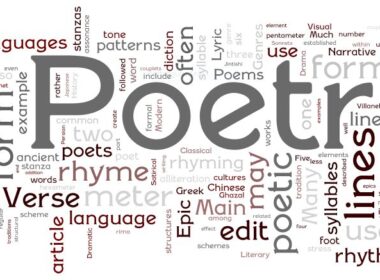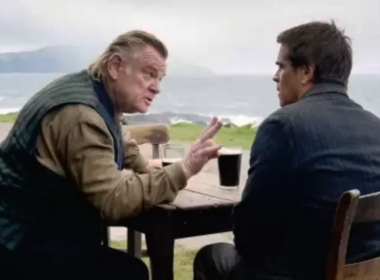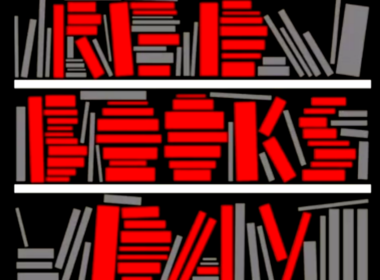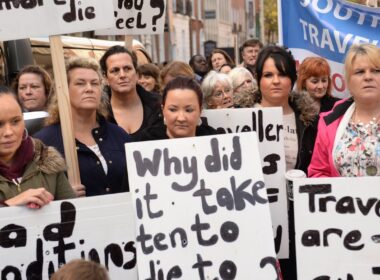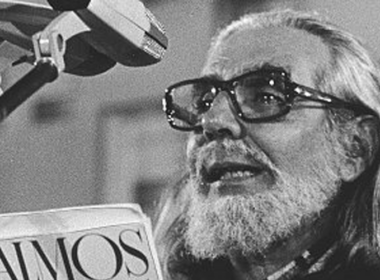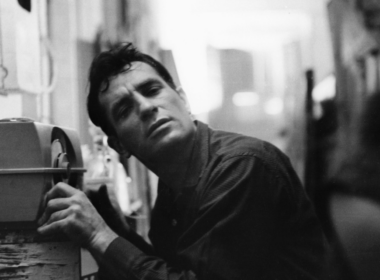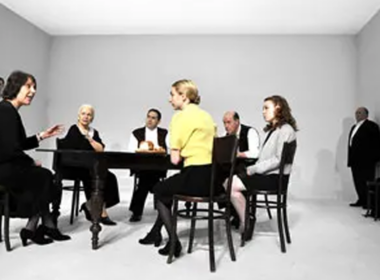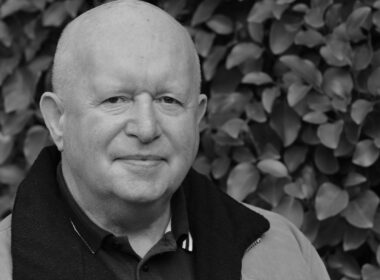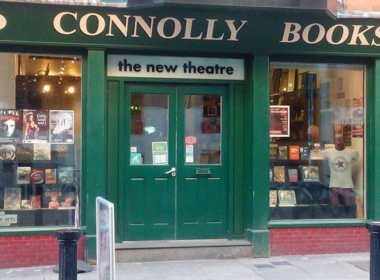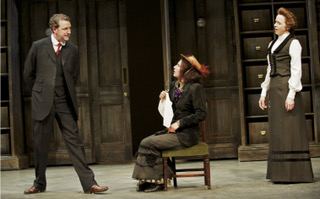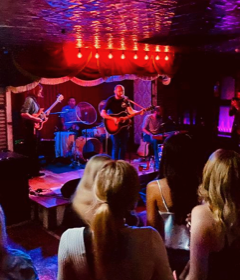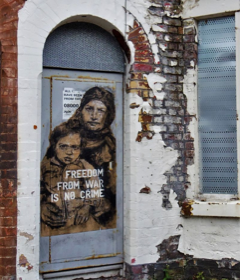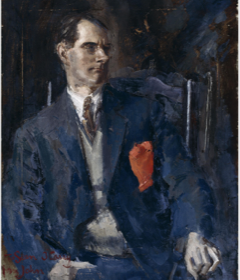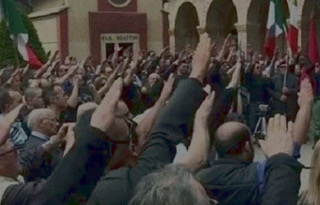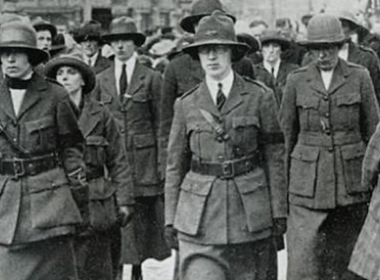“Gan Teideal” (Untitled) is an Irish-language transcreation of a poem by Marius Mason, who describes himself as a transgender anarchist, environmentalist, and animal-rights prisoner. His activities were reported to the authorities by his husband, and he was sentenced to twenty-two years’ imprisonment. Marius—a father of two—who has worked as a […]
Culture
The Banshees of Inisherin
International film awards are by no means a good film guide. And this applies to The Banshees of Inisherin as much as to the rest of them. The story is set in 1923 on an island off the west coast of Ireland (“Inisherin”—Inis Éireann), filmed in fact on Achill island […]
Red Books Day
A group of working men assembled in a bar in London but for a different reason: they were in a hurry to put together a programme for their organisation, the Communist League, which consisted mostly of German migrant workers. They delegated Marx and Engels to carry out the task. The […]
How the Travelling community are treated at work
Travellers, or Mincéirí, are a minority ethnic group indigenous to Ireland who have a shared language and culture. The biggest blight on “modern” Ireland, without question, is the treatment of the Travelling community. It is a continuing shame on the state and on society more generally. Traditional Traveller occupations, such […]
“I’m a Marxist who believes in God”
Since the rise of early capitalism, the working people’s quest for liberation and equality for all—including the right to a life in peace—not only for the evolving bourgeois class, has been on the agenda and frequently been framed in religious terms. Translations of the Bible from Latin into the vernacular […]
“Avatar” and eco-socialism
“Avatar” in Hindu mythology means reincarnation. A sequel to the film of that name was released internationally on 15 December. The earlier part had mountains as the battlefield between “sky people” and the natives; this time it is the ocean. It is an interesting film at a time when Elon […]
Three tanka by a radical American writer
Three bilingual tanka (5-7-5-7-7 syllables) by Gabriel Rosenstock “Kerouac 1” was written in response to a seldom-cited socialist manifesto by Jack Kerouac (1922–1969), novelist and haiku master: “Shorter hours will provide the labourer with a new desire to live, not to be a productive animal, but to have time to […]
Modern McCarthyism and anti-Palestinian racism
In an open letter, 170 British artists reacted angrily to the withdrawal of the European Drama Prize from Caryl Churchill: We are appalled that the Lifetime Achievement Prize awarded to playwright Caryl Churchill for the European Drama Prize 2022 has been rescinded by the jury of the Schauspiel Stuttgart, on […]
Writers salute the legacy of Tomás Mac Síomóin
Tribute was paid to the life and work of the late comrade and writer Tomás Mac Síomóin at a commemorative event organised by Aontas na Scríbhneoirí in conjunction with the festival IMRAM in the Writers’ Centre, Dublin, last month. The evening was themed “File agus Fear Conspóide / Poet […]
Ninety years of Connolly Books
Since the 1930s, New Books and Connolly Books have been publishing the writings of James Connolly (1868–1916), Ireland’s Marxist pioneer and martyr. Thousands of people first encountered Connolly through the re-publication of his writings in pamphlet and book form by New Books, including Labour in Irish History, Erin’s Hope and […]
Shaw sides with working-class women
The immediate social background to George Bernard Shaw’s most famous comedy, Pygmalion (1912), is the growing British women’s suffrage movement at the time. The play is as much about class relations as it is about women’s rights. For Shaw, the two are inseparable. Pygmalion is about practical, intelligent women from […]
The return of Anderson
Badhands, the musical project from Dublin, were the backing group at the Workman’s Club Cellar on Saturday 10 September for Anderson’s first live show in over four years. It was standing room only for a show with no set breaks as they cranked out tune after tune. You could have […]
War and Peace
A bilingual 31-syllable tanka (5-7-5-7-7 syllables) in Irish and English, in response to a work of street art. Street Poster, Liverpool, by Guy Denning cad atá ar siúlis deacair é a thuiscintcuir in iúl dom écén cuspóir atá againnní thuigim a thuilleadh é what are we doing it is hard […]
O’Casey’s dark comedy
Sean O’Casey’s dark comedy Cock-a-Doodle Dandy (1949) is set in Ireland about 1940 and is rarely performed. Witchcraft is haunting the village of Nyadnanave ever since Marthraun’s daughter by his first wife, Loreleen, arrived from London. A rooster causes commotion and embodies indomitable joie de vivre and rebelliousness. The setting in the backwoods suggests […]
Georgia Meloni
The fascist Georgia Meloni is a-speaking a lot of baloney she a-shoots from the hip when she a-opens her lip me a-thinks that Meloni’s a phoney An ceannaire nua Meloni ag scaothaireacht a bhíonn sí i gcónaí ach tá Dia lena taobh (cén fáth? canathaobh?) Is a cara mór, Silvio […]
Unmanageable revolutionaries
Margaret Ward’s ground-breaking book on revolutionary women in Ireland, Unmanageable Revolutionaries: Women and Irish Nationalism, 1880–1980 (1983), was republished in an updated, revised and richly illustrated new edition by Arlen House in late 2021. It is a superb introduction to some of the great women in Irish history since Anna […]

